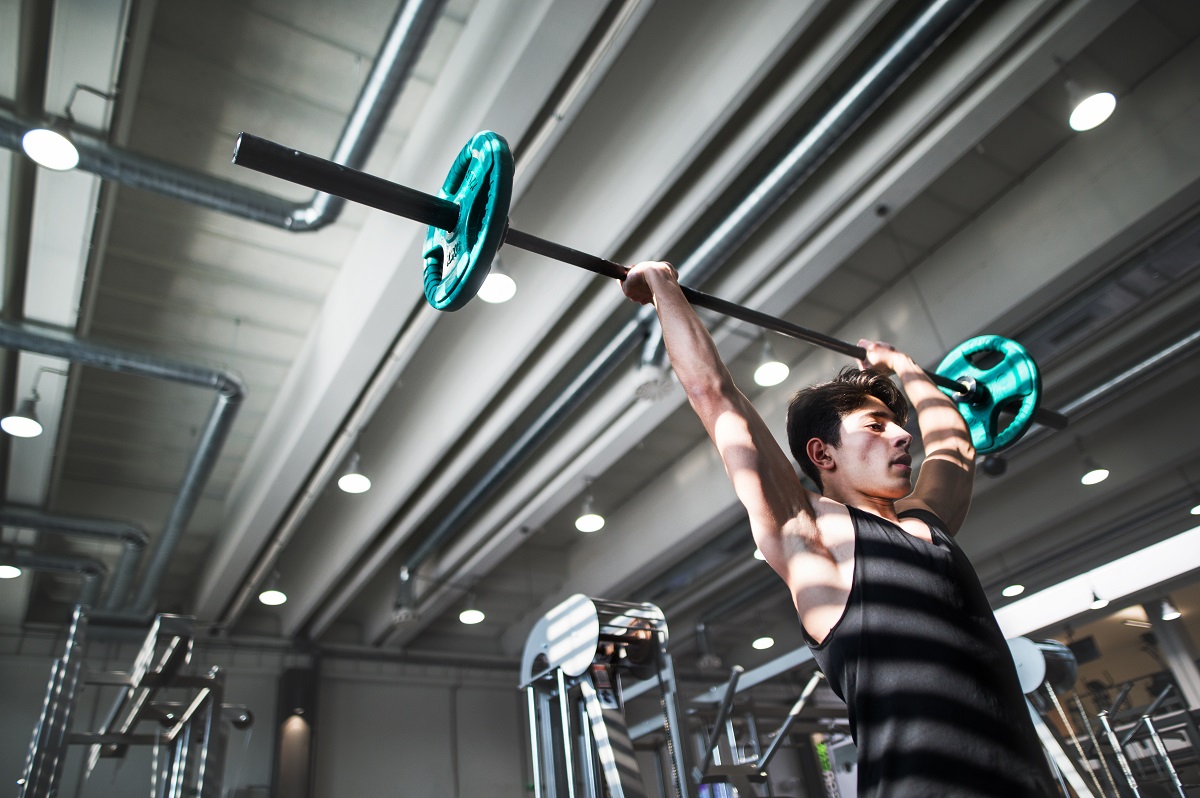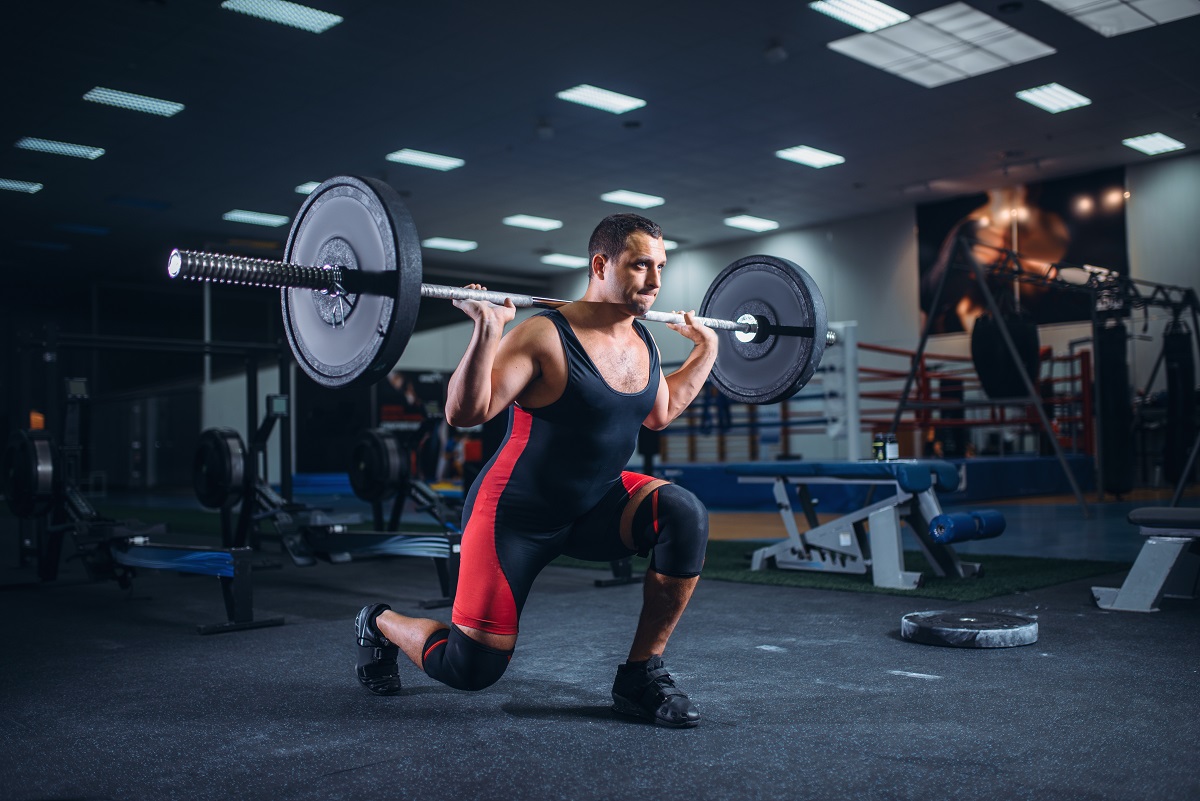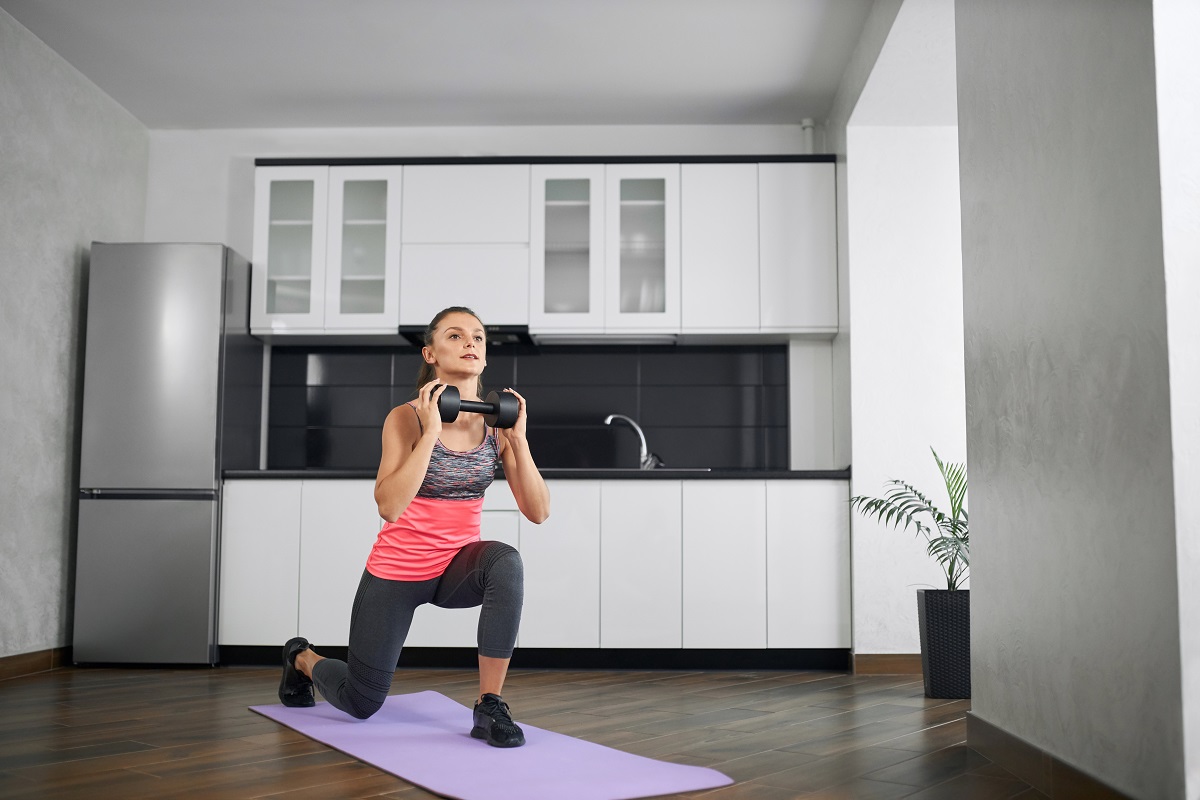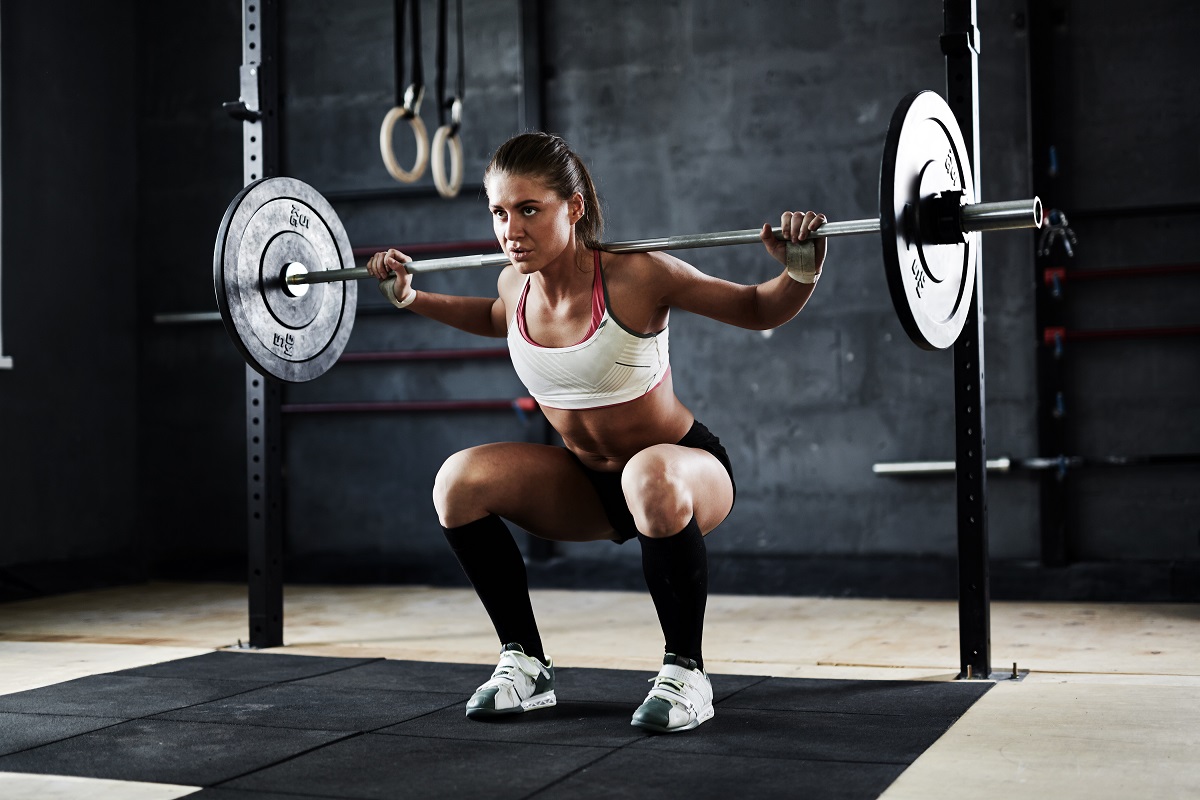If you’re thinking about starting to lift weights, you may be wondering how old you need to be. The answer isn’t always simple, as there are a few factors to consider. In general, though, most experts agree that 7 to 8 is a good age to start lifting weights. Here’s a look at some things you should remember when deciding if weightlifting suits you.
Your level of maturity
One of the most important things to consider when deciding whether or not to start lifting weights is your level of maturity. Suppose you’re still growing and your bones are not yet fully developed. In that case, it’s generally not recommended to start lifting heavy weights. Lifting heavy weights can unnecessarily stress your bones and joints, which could lead to injuries. Additionally, it’s crucial to be able to follow instructions and exercise proper form when lifting weights. Weightlifting may not be suitable for you if you’re not yet mature enough to understand and follow directions.
Your Physical Condition
Another critical factor to consider is your physical condition. If you have any pre-existing medical conditions, you must talk to your doctor before starting a weightlifting routine. Additionally, if you’re obese or overweight, you may want to wait until you’ve lost some weight before starting to lift weights. Carrying extra weight can strain your body unnecessarily, leading to injuries.
Your Goals
Finally, it’s essential to consider your goals for weightlifting. Lifting weights is an excellent option if you’re looking to tone your muscles and improve your overall fitness. However, if you’re looking to build muscle mass or increase your strength, you may need to wait until you’re a bit older. Teenagers generally don’t have the hormone levels necessary for building muscle mass. Talk to your doctor before beginning any exercise program if you have any concerns. Weightlifting can be a great way to improve your overall fitness and health. However, you must ensure you’re ready before starting a weightlifting routine. If you have any concerns, talk to your doctor or a personal trainer before beginning any exercise program. With the proper preparation, weightlifting can be a safe and effective way to improve your overall health and fitness.
Will it stunt your growth?
Most people believe lifting weights will stunt your growth, but this isn’t true. While it’s true that intense weight training can cause micro-tears in your muscles, which can lead to temporarily reduced height, this effect is typically negligible. It will not have any long-term impact on your overall size. Of course, as with anything else, certain risks are associated with weightlifting, mainly if you don’t take the proper precautions. For example, if you lift too much weight without warming up first or use improper form, you could injure yourself, leading to reduced height in the long run. However, as long as you’re careful and use proper form, lifting weights is safe and won’t impact your height. So if you’re looking to gain muscle mass or improve your athletic performance, don’t be afraid to start lifting weights – it will not stunt your growth! Be sure to warm up properly and use good form to avoid injuries.

Are there benefits for young lifters?
As we all know, lifting weights has a plethora of benefits. It can help improve our cardiovascular health, increase our strength and muscle mass, and protect our bones and joints. However, what about young lifters? Are there any specific benefits that they can enjoy? The answer is yes! Lifting weights can be especially beneficial for young people. Here are just a few reasons why:
1. It can help them build strong bones and muscles.
Bone density peaks around the age of 30, which means that young people have the potential to build stronger bones than older adults. Lifting weights can help promote bone growth and strength, reducing the risk of fractures later in life.
2. It can help them develop healthy habits.
Starting a weightlifting routine young can help instill healthy habits that will last a lifetime. Regular exercise can reduce the risk of chronic diseases such as heart disease, stroke, and diabetes.
3. It can help them improve their self-esteem.
Lifting weights can help young people feel good about themselves. A healthy body image can increase self-esteem and improve mental health.
4. It can help them stay active and fit later in life.
People who are physically active during their youth are more likely to stay active and fit later in life. Lifting weights is a great way to stay active and maintain a healthy weight.
5. It can help them perform better in other sports.
Many young athletes lift weights to improve their performance in other sports. Strength training can help increase speed, power, and agility. If you’re a young person looking for a way to improve your health and fitness, lifting weights is a great option. Just be sure to start slowly and progress gradually to avoid injury. And always consult with your doctor or a qualified personal trainer before starting any new exercise program.

How to start weightlifting if you are young
Are you looking to get started in weightlifting but don’t know where to start? If you are young, the process can be a bit overwhelming. There are so many different ways to approach weightlifting, and it can be tough to determine which method is best for you. The first step is to find a reputable coach to help you learn weightlifting basics. A good coach will be able to teach you the proper form and technique for all of the lifts, as well as help you develop a training program tailored to your specific goals. Once you have found a coach, the next step is learning the basic lifts.
The most basic lifts for beginners are the squat, deadlift, bench press, and overhead press. These lifts will help you build a solid foundation upon which you can add more complex lifts as you progress. As you become more comfortable with the basic lifts, you can add exercises such as power cleans, snatch grip deadlifts, and clean and jerks. These lifts will help you develop explosive power and strength, which are essential for success in weightlifting. Finally, make sure to focus on your diet and nutrition. Eating a healthy diet is crucial for building muscle mass and staying lean.
Make sure to consume plenty of protein and vegetables, and avoid processed foods and sugary drinks. By following these steps, you’ll be well to becoming a successful weightlifter. Just remember to focus on your form, technique, and diet, and you’ll be lifting heavy weights in no time.
Drawbacks of weightlifting if you are young
Most young people who start weightlifting do so intending to become bigger and stronger. However, there are several drawbacks to weightlifting that young people should be aware of before they start lifting weights. One of the most significant risks associated with weightlifting is injuries. Because weightlifting puts a lot of stress on the body, it can lead to various injuries, including strains, sprains, and fractures. Sometimes, these injuries can be severe and even require fixing surgery. Finally, weightlifting can also lead to imbalances in the body. When you lift weights, you are likely to develop muscle imbalances.
Muscle imbalances mean that some muscles will be stronger than others, leading to joint problems and other issues. It is vital to ensure that you are using the proper form when lifting weights so that you don’t end up with these imbalances. Despite these drawbacks, weightlifting can be a great way to improve your strength and size. However, it is crucial to be aware of the risks before lifting weights. If you have any concerns about whether or not weightlifting is correct for you, be sure to talk to your doctor or a certified personal trainer.
Warm up before lifting weight
It is essential to warm up before lifting weights to avoid injury and improve your performance. A proper warm-up will increase your heart rate, blood flow, and body temperature. It will also help to loosen your muscles and joints, making them more pliable and less likely to be injured. You can warm up before lifting weights in a few different ways. A general rule of thumb is to warm up for 10-15 minutes. You can do this by doing light cardio, such as jogging, walking, or dynamic stretching exercises. Some specific exercises that you can do to warm up before lifting weights include:
1. High Knees
Stand tall with your feet hip-width apart and your arms at your sides. Bring your right knee towards your chest, quickly switch and bring your left knee up. Continue alternating sides for 30-60 seconds.
2. Butt Kicks
Start in the same position as the high knees exercise. This time, kick your feet behind you, so your heels touch your glutes. Continue alternating sides for 30-60 seconds.

3. Walking Lunges
Start standing tall with your feet hip-width apart and take a giant step forward with your right leg. Bend both legs so your left thigh is parallel to the floor and your right thigh is perpendicular to the floor. Make sure that your right knee does not extend past your toes. Push off with your right leg and return to the starting position. Repeat with your left leg.
4. Arm Circles
Start standing tall with your feet hip-width apart and your arms at your sides. Raise your arms to the side and circle them forwards for 30 seconds. Reverse the direction and rotate them backward for 30 seconds.
5. Bodyweight Squats
Stand with your feet hip-width apart and your hands behind your head. Push your hips and bend your knees to lower yourself into a squatting position. Make sure that your knees do not extend past your toes. Return to the starting position and repeat for 10-15 repetitions. After you have finished your warm-up, you can start lifting weights. Remember to start light and gradually increase the amount of weight that you are lifting. Also, focus on using proper form to avoid injury. If you are new to lifting weights, it is always a good idea to consult a certified personal trainer to ensure that you perform the exercises correctly.
Conclusion
When deciding how old your child should be before they start lifting weights, there is no definitive answer. Every child is different and will develop at their own pace. However, as a general rule of thumb, most experts recommend waiting until a child is between the ages of 7 and 8 before allowing them to lift weights. This age will ensure that their bodies are developed enough to handle the strain of weightlifting and that they can understand and follow the proper safety precautions. Of course, always consult with your child’s doctor before starting any new fitness






